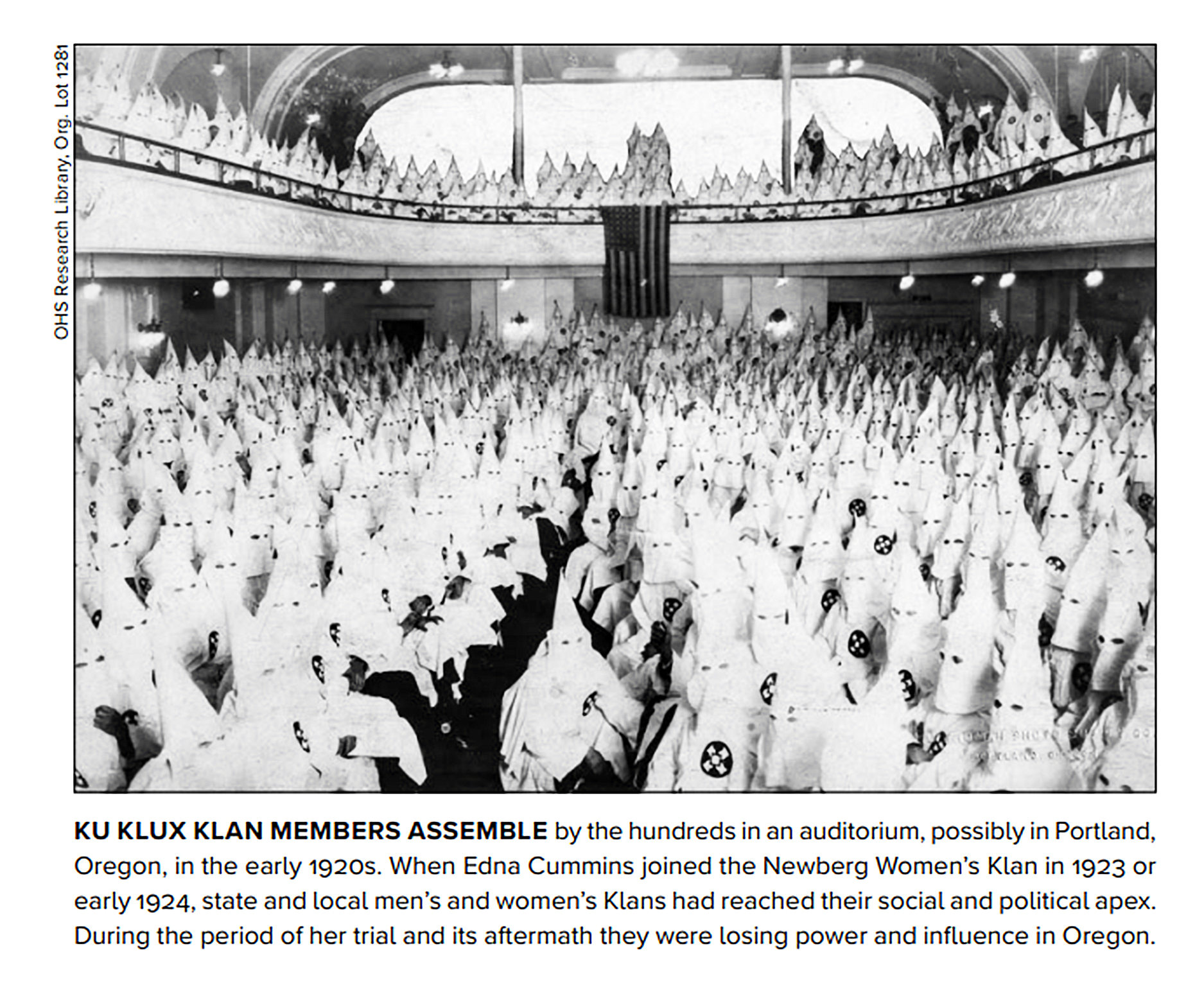Commentary: More Oregonians are working multiple jobs, showing need for a stronger tax credit for workers
Published 6:32 am Tuesday, May 13, 2025

- Barista Rose Sherman makes coffee for customers at Caffe Umbria in downtown Portland in 2019. (Jaime Valdez)
“No amount of budgeting right now is going to make up for the fact that we do not make enough to make a living,” says Ashley Salazar. She recently took on a second job, baking in the early hours of the morning before heading to a full-time job as a pharmacy technician.
Ashley’s story, featured in a recent KATU report, is an all-too-familiar refrain, especially at a time when the cost of living is rising and tariffs are supercharging the trend. In Oregon, there are thousands of Ashleys.

Tyler Mac Innis is a policy analyst at the Oregon Center for Public Policy, where he researches policies that advance economic justice for all Oregonians. He previously directed the Welcome Home Coalition, where he helped secure significant new investments in homelessness services in the Portland region. He lives in Northeast Portland, where you will likely see him out for a stroll with his family.
That’s why one of the best investments the Oregon legislature can make this session is to renew and expand the tax credit for working families, the Oregon Earned Income Tax Credit. It would give a boost to Ashley and hundreds of thousands of other hardworking families struggling to make ends meet.
“In 2024, 127,000 Oregonians held more than one job in addition to their primary job,” according to a recent report by the Oregon Employment Department. Six percent of Oregon workers worked multiple jobs last year.
Even for many getting by on a single job, Ashley’s story should feel familiar. The cost of affording basic needs continues to rise. Compared to other states, Oregonians spend the 8th most on groceries, according to a recent LendingTree report. Electric bills have soared in recent years, as much as 56 percent since 2021. And of course, the cost of housing is ever rising. A minimum wage worker in Oregon would need to work 74 hours a week just to afford a one-bedroom apartment, according to the National Low Income Housing Coalition.
There is much to do to stem the tide of rising costs. But one proposal before the Oregon Legislature this session would help workers struggling to get by.
House Bill 2958 would make much-needed improvements to Oregon’s Earned Income Tax Credit (EITC). The EITC is a refundable tax credit that boosts the after-tax income of workers. The federal version of the credit lifts 68,000 Oregonians, including 34,000 children, out of poverty each year. In turn, Oregon provides a match of the federal credit worth 9 percent for most families, and up to 12 percent for families with young children, putting additional cash into the pockets of hardworking families.
Without action this session, Oregon’s match of the federal EITC will disappear, as the tax credit is scheduled to expire.
HB 2958 would not only renew Oregon’s credit, but double the match available to eligible Oregonians. It would make Oregon’s tax credit twice as impactful.
Moreover, it would expand eligibility to childless workers under age 25 and older than 65, who are currently barred from claiming the credit even if their income would otherwise qualify them. HB 2958 recognizes that neither youth nor old age protects against economic insecurity, and that workers of any age may struggle to pay the bills.
What kind of impact would HB 2958 have on a family? Consider what it would mean for a family with three kids living off the wages of a full-time minimum wage worker. Under HB 2958, their Oregon EITC would increase from about $840 to $1,750. That additional $910 may be enough to help a family confront a sudden crisis, like the need to make a car repair, or it might help them buy clothes and school supplies for the kids, or help them catch up on rent.
Few bills before the Oregon Legislature this session stand to directly boost the incomes of Oregon workers like doubling the EITC would. Ashley and thousands of workers like her are already working their tails off in a valiant effort to just meet their basic needs. Oregon can ease a bit of their load by strengthening the tax credit for working families.
Tyler Mac Innis is a policy analyst at the Oregon Center for Public Policy, where he researches policies that advance economic justice for all Oregonians. He previously directed the Welcome Home Coalition, where he helped secure significant new investments in homelessness services in the Portland region. He lives in Northeast Portland, where you will likely see him out for a stroll with his family.





